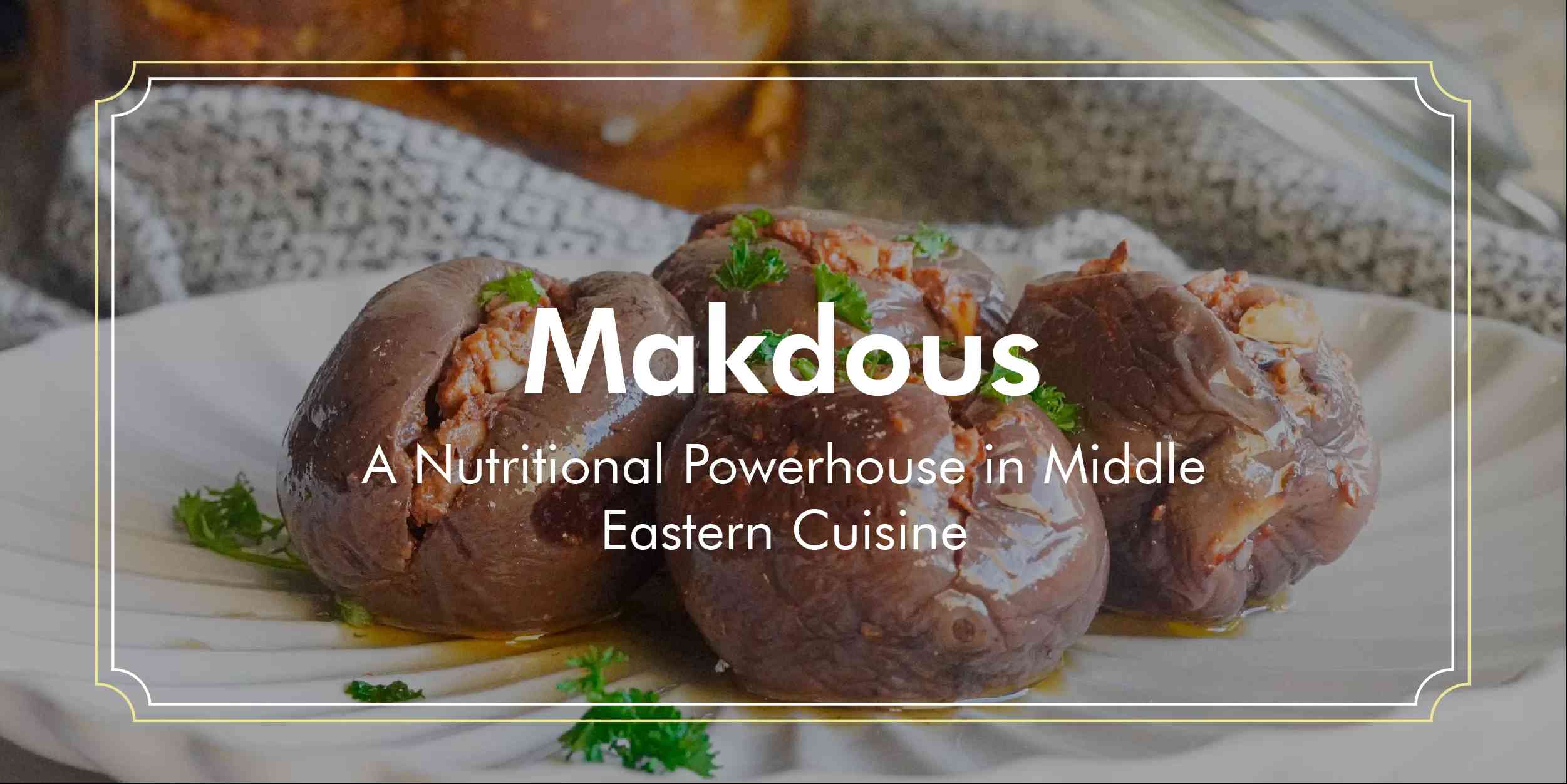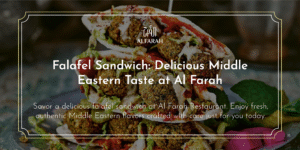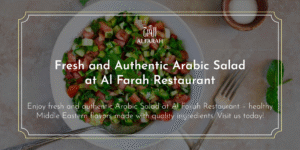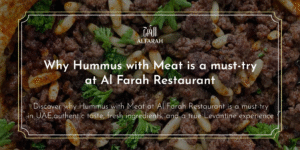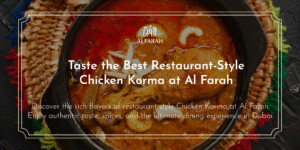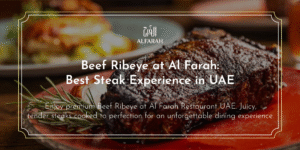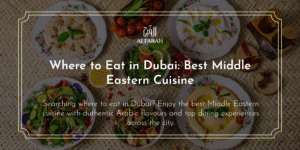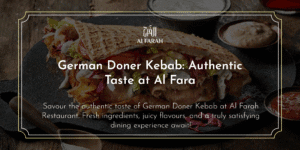Makdous: Introduction
If you’ve ever explored Middle Eastern cuisine, you’ve likely come across a variety of intriguing and flavorful dishes. One such delight is Makdous, a pickled eggplant dish that’s both savory and tangy, perfect for adding a burst of flavor to any meal. But what exactly is this middle eastern cuisine, and why is it so cherished in Middle Eastern kitchens?
History of Makdous
Origins of Makdous
This middle eastern cuisine has a rich history that dates back centuries. Originating in the Levant region (the region along the eastern Mediterranean shores, roughly corresponding to Palestine, Jordan, Lebanon, Syria, and certain adjacent areas.) particularly in Syria and Lebanon, this dish has been a staple in Middle Eastern households. Its method of preservation made it ideal for times when fresh produce was not readily available.
Cultural Significance
In Middle Eastern culture, food is more than just sustenance; it’s a way to bring people together. Makdous is often prepared in large batches, especially before the winter months, signifying the importance of community and family in these cultures. It’s a dish that’s shared among neighbors and loved ones, embodying the spirit of hospitality.
Ingredients of Makdous
Key Ingredients
The primary ingredients for this middle eastern cuisine are small, tender eggplants, walnuts, red peppers, garlic, and olive oil. Each component plays a crucial role in the overall flavor and texture of the dish.
Variations in Ingredients
While the classic recipe remains popular, there are variations depending on regional preferences and available ingredients. Some recipes include additional spices or different types of nuts, adding a unique twist to the traditional flavor.
Health Benefits of Makdous
Nutritional Profile
This middle eastern cuisine is not just delicious but also nutritious. Eggplants are low in calories and high in fiber, vitamins, and minerals. The walnuts provide healthy fats and protein, making this dish a well-rounded addition to any diet.
Health Advantages
The combination of ingredients in this middle eastern cuisine offers numerous health benefits, including heart health from the walnuts and antioxidants from the eggplants and garlic. Olive oil, a key ingredient, is known for its anti-inflammatory properties and healthy fats.
How to Make Makdous at Home
Preparation Time
Making this middle eastern cuisine at home can be a bit time-consuming, but the results are worth the effort. The preparation and curing process typically take about a week, but most of this time is hands-off as the eggplants cure.
Step-by-Step Recipe
- Ingredients:
- 1 kg small eggplants
- 2 cups chopped walnuts
- 1 cup red pepper paste
- 5 cloves garlic, minced
- Salt
- Olive oil
- Preparation:
- Wash and trim the eggplants.
- Boil them in salted water until slightly tender.
- Drain and let them cool.
- Stuffing:
- Make a slit in each eggplant.
- Mix walnuts, red pepper paste, and garlic.
- Stuff the eggplants with the mixture.
- Curing:
- Place the stuffed eggplants in a jar.
- Cover them with olive oil.
- Let them cure at room temperature for about a week.
- Storage:
- Store the cured eggplants in the refrigerator.
- They can last for several months if properly stored.
Choosing the Right Eggplants
Best Varieties
For this middle eastern cuisine, small and firm eggplants are ideal. Baby eggplants or smaller varieties of traditional eggplants work best because they are easier to handle and cure more evenly.
Tips for Selecting Fresh Eggplants
When selecting eggplants, look for those with shiny, smooth skin and no blemishes. They should feel firm to the touch, indicating freshness and good quality.
Preparing the Filling
Traditional Ingredients for the Filling
The classic filling for Makdous includes chopped walnuts, red pepper paste, and garlic. This combination creates a robust and flavorful stuffing that complements the mild taste of the eggplants.
Modern Twists
Some modern variations incorporate different nuts like pine nuts or add spices such as cumin or coriander for an extra kick. These variations can add an exciting twist to the traditional recipe.
Stuffing and Curing the Eggplants
Proper Stuffing Techniques
To properly stuff the eggplants, make a small slit along the length of each one, being careful not to cut all the way through. This allows you to fill them without the stuffing falling out during the curing process.
Curing Process Explained
After stuffing, the eggplants are placed in a jar and covered with olive oil. This not only preserves them but also infuses them with rich flavor. The curing process takes about a week, during which the flavors meld together beautifully.
Storing Makdous
Best Practices for Storage
Once cured, this middle eastern cuisine should be stored in a cool, dark place. The refrigerator is ideal, as it helps maintain the quality and extends the shelf life of the dish.
Shelf Life
Properly stored,this middle eastern cuisine can last for several months. Ensure the eggplants are always submerged in olive oil to prevent spoilage.
Serving Suggestions
Traditional Ways to Serve Makdous
Traditionally, Makdous is served as part of a mezze platter, accompanied by other Middle Eastern delicacies like hummus, tabbouleh, and pita bread. It’s also enjoyed as a side dish or even for breakfast with fresh bread and cheese.
Creative Serving Ideas
For a modern twist, try adding Makdous to salads, pasta dishes, or sandwiches. Its rich, tangy flavor can enhance a variety of dishes, making it a versatile ingredient in your kitchen.
Makdous in Different Cultures
Variations Across Middle Eastern Countries
While Makdous is popular in Syria and Lebanon, other countries have their own versions of the dish. For example, in Palestine and Jordan, variations may include different spices or additional vegetables.
Influence on Other Cuisines
Makdous has also influenced cuisines beyond the Middle East, with chefs worldwide incorporating it into their menus. Its unique flavor and versatility make it a favorite among food enthusiasts.
Common Mistakes to Avoid
Pitfalls in Making Makdous
One common mistake is overstuffing the eggplants, which can cause them to split during curing. Another is not using enough salt during the boiling process, leading to bland eggplants.
Tips for Perfecting Your Recipe
To perfect this middle eastern cuisine, ensure the eggplants are thoroughly dried after boiling, and use high-quality olive oil for curing. Patience is key – the longer they cure, the better the flavor.
Makdous for Special Diets
Vegan and Vegetarian Options
Makdous is naturally vegan and vegetarian, making it an excellent choice for those following plant-based diets. The rich flavors and textures provide a satisfying alternative to meat-based dishes.
Gluten-Free Makdous
Since this middle eastern cuisine does not contain any gluten, it is also suitable for those with gluten intolerance or celiac disease. Just ensure any additional ingredients or accompaniments are also gluten-free.
Pairing Makdous with Other Dishes
Complementary Foods and Beverages
Makdous pairs well with a variety of foods, including fresh salads, grilled meats, and cheeses. For beverages, try serving it with a crisp white wine or a refreshing mint tea.
Creating a Full Meal with Makdous
To create a complete meal, serve Makdous with a hearty grain like bulgur or quinoa, a fresh salad, and some grilled vegetables. This balanced combination offers a delightful array of flavors and textures.
Discover Authentic Middle Eastern Cuisine at Al Farah Restaurant
Makdous is more than just a dish; it’s a culinary tradition that brings people together. Its rich history, nutritional benefits, and versatile flavor make it a must-try for anyone interested in Middle Eastern cuisine. Whether you’re making it at home or enjoying it at a restaurant, Makdous is sure to delight your taste buds. For an unforgettable dining experience that takes you on a culinary journey through traditional Middle Eastern dishes, visit Al Farah Restaurant in Dubai. Our exquisite menu features authentic delights, prepared with the finest ingredients and crafted with passion. From the rich flavors of our signature Makdous to a variety of other beloved regional specialties, every bite promises a taste of tradition and excellence. Join us at Al Farah Restaurant and savor the true essence of Middle Eastern cuisine in an elegant and welcoming atmosphere.
FAQs
How long does it take to make Makdous?
The preparation and curing process for Makdous typically takes about a week, with most of this time being hands-off as the eggplants cure.
Can Makdous be frozen?
While it’s best enjoyed fresh, you can freeze Makdous. Ensure it’s stored in an airtight container and thaw thoroughly before serving.
What are some variations of the filling?
Variations can include different nuts like pine nuts, additional spices such as cumin or coriander, and even dried fruits for a sweet twist.
How do you know when Makdous is ready to eat?
Makdous is ready to eat when the eggplants have fully absorbed the flavors of the filling and olive oil, which usually takes about a week of curing.
Can I use different types of oil for preserving?
While olive oil is traditional and provides the best flavor, you can use other vegetable oils if necessary. However, the taste and authenticity might be slightly different.


